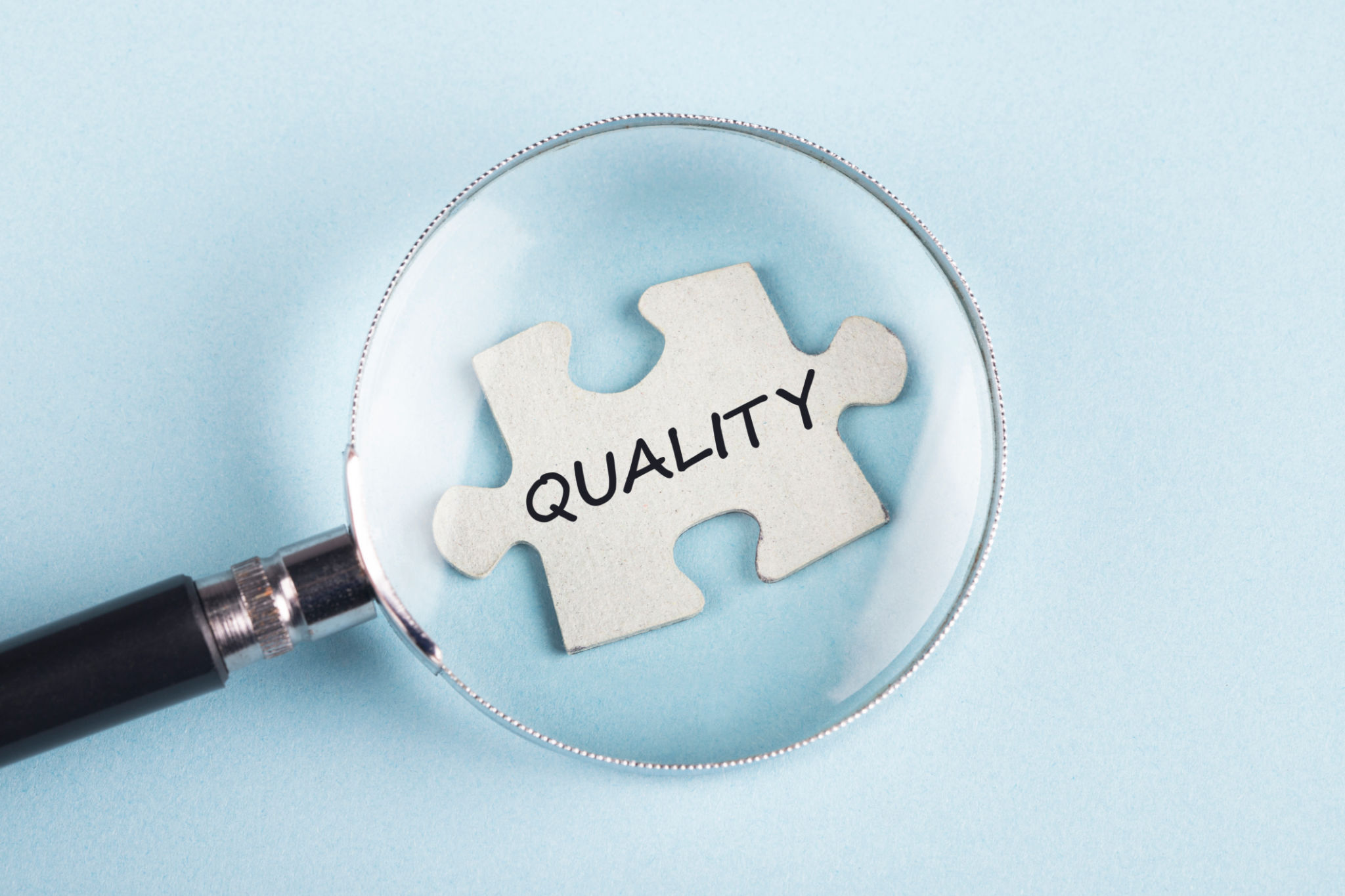How to Evaluate a Construction Management Plan for Your Business
AG
Understanding the Importance of a Construction Management Plan
Evaluating a construction management plan is crucial for ensuring that your business's construction projects are completed efficiently, safely, and within budget. A well-crafted plan outlines the project's scope, timelines, costs, and quality standards. By thoroughly assessing this plan, you can mitigate potential risks and make informed decisions that align with your business goals.

Key Elements of a Construction Management Plan
When reviewing a construction management plan, it is vital to identify the key elements that make it comprehensive and effective. These elements typically include:
- Project Scope: Defines the project's boundaries and deliverables.
- Timeline: Provides a detailed schedule of project phases and deadlines.
- Budget: Includes cost estimates and financial planning.
- Quality Management: Ensures that the project meets required standards.
Assessing the Project Scope
The project scope is foundational to any construction management plan as it sets clear expectations for what the project will achieve. Ensure that the scope is well-defined and aligns with your business's objectives. Look for detailed descriptions of tasks, deliverables, and any constraints or assumptions that may impact the project.
Evaluating the Timeline
A realistic timeline is essential for keeping your construction project on track. When evaluating this aspect of the plan, check for potential bottlenecks and ensure that there is a logical sequence of activities. Consider if the timeline accounts for potential delays and has built-in contingencies to handle unexpected events.

Analyzing Budget and Cost Management
The budget section of a construction management plan provides insights into the financial aspects of the project. Scrutinize cost estimates to ensure they are realistic and comprehensive. It's also important to verify that there are clear mechanisms for tracking expenses and managing cost overruns.
Quality Management Considerations
Quality management is a critical component that should not be overlooked. Assess whether the plan includes quality control measures, inspection protocols, and compliance with industry standards. This ensures that the final output meets both regulatory requirements and business expectations.

Risk Management Strategies
A robust construction management plan should incorporate risk management strategies to identify and mitigate potential risks. Look for a risk assessment section that outlines possible challenges and the proposed solutions to address them. Effective risk management can prevent costly delays and enhance project success.
Communication and Reporting Procedures
An effective construction management plan should include detailed communication strategies. Evaluate how information will be shared among stakeholders and how progress will be reported. Clear communication channels help in maintaining transparency and ensuring all parties are aligned with project objectives.
By thoroughly evaluating each component of a construction management plan, you can ensure that your business's construction projects are executed smoothly, efficiently, and successfully. This proactive approach not only safeguards your investment but also sets the foundation for future project success.
